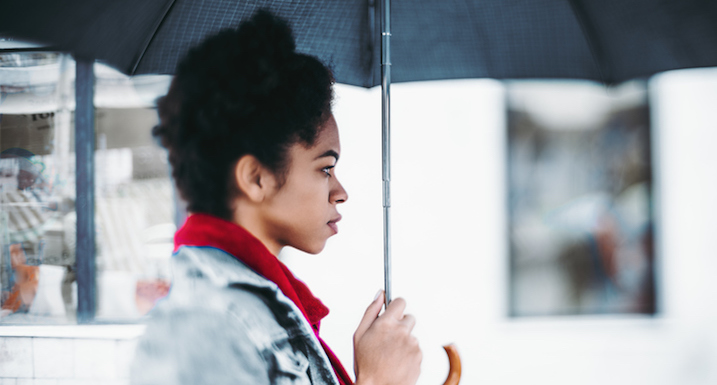
Earlier this week, I wrote about the ways that many of the conversations about sexual violence leave out some of the most vulnerable communities—, particularly LGBTQ+ survivors. But there’s so much more to this conversation that can be explored in one piece. For true healing to begin to take place, it’s important that we place survivors at the center of these movements. Without survivor-centered healing, change can’t truly take place.
One of the main questions that arose from that piece was exploring the ways that we can better support survivors. But what does the term “survivor” mean exactly? At first glance, the term is a move towards empowering people who have been impacted by sexual violence. Instead of calling them “victims”, the term “survivor” centers on the person itself and not around the experience that they had. Moving towards a person-first way of identity creates a more well-rounded way to talk about the experiences that shape us while moving beyond centering just on the experience itself.
Much of the conversations surrounding sexual violence tend to hyper-focus on the details of the experience—contributing to the ways that survivors feel like their trauma is being fetishized and ostracized.
There’s also an important aspect of the conversation being left out—that is, where do survivors whose experiences with sexual violence move outside of the traditional narratives that we’re given through media and culture fit in? For survivors who are queer, whose perpetrators were not cis men or even strangers, for survivors who don’t feel exactly at home with the term “survivor”—where are the spaces that they belong?
For the term “survivor”, there’s also specific connections to identity in other ways too. One person spoke to me about how survivor isn’t a term that they feel comfortable using, for reasons that are often not discussed as openly: “I feel a way about the word survivor because for WOC and other non-binary people of color, surviving is just what we do. Survival is day-to-day though because we never really know when we are gonna crack under the pressures of racism—and the fact that we are at even greater/higher risk of all sorts of abuse and how that ties into race [contribute to that].”
At first, I think it’s important to talk about how the terms that we use can connect us to empowerment. What does it mean to be a “survivor”? To call oneself a survivor, does that mean that we have to forgo the other labels that we carry with us, like being queer? The shame and guilt that many survivors experience because their stories don’t perfectly match the idea of what sexual violence looks like does real damage to their well-being.
If we are to truly give survivors space to heal, it needs to begin with truly listening to their needs and making space for many different kinds of healing. Many survivors shouldn’t feel pressured to publicly tell their stories, to rehash details of their experiences over and over again to curious audiences for their experiences to be legitimized.
As another survivor writes, this is how she connects her identity as a survivor: “What survivor means to me: Anyone (of any gender) who has had sexual violence committed against them. I think survivors should choose what sexual violence means because we all have different experiences and people process trauma differently; I don’t define sexual violence in a specific set of acts that “have to” have happened for it to “count”. I think of myself as a survivor because I’m choosing to heal and move on after being raped, and because I’m giving myself space for self-care and radical self-love after experiencing trauma.”
If we want to make spaces safer for survivors of sexual violence, we need to begin having more nuanced conversations about what it means to have survivor-centered spaces for healing and providing survivors with the resources and support that they want. No matter what, every survivor’s journey looks different. It is our responsibility to make space for all of those experiences, no matter what, because leaving space for survivors’ healing needs to come first and foremost.

What Do You Think?